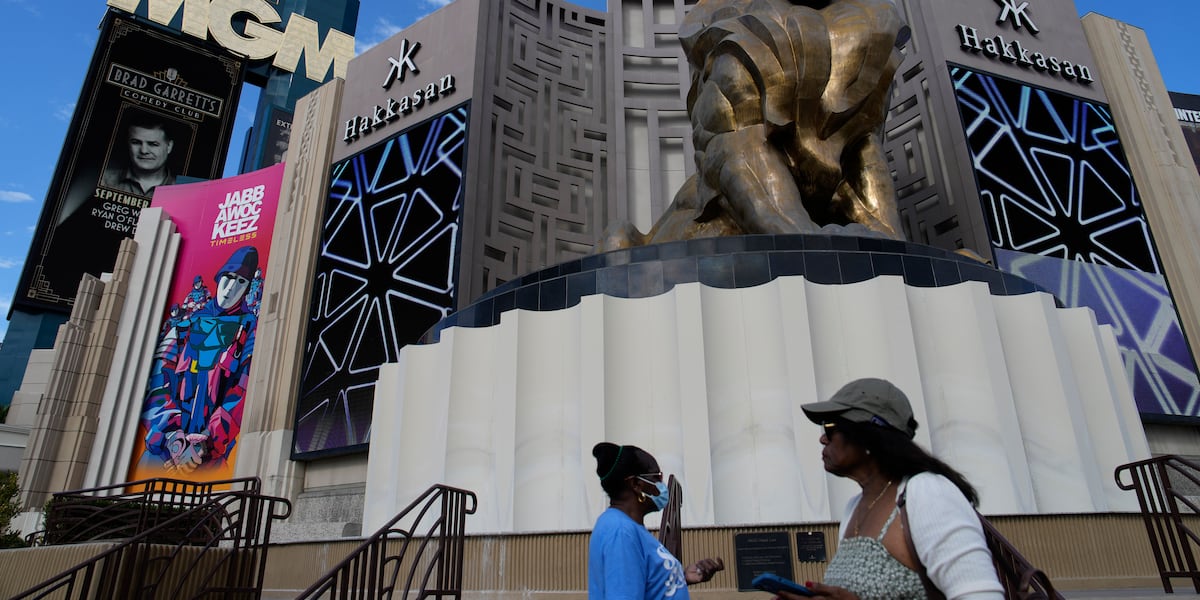Bussiness
The US dockworkers strike is here, and it’s impacting more than just packages
- A strike at ports along the US East and Gulf Coasts presents huge challenges for the economy.
- The strike could lead to billions in daily economic losses and stall imports ranging from mangoes to auto parts.
- The dockworkers are pushing for higher wages and a ban on automation at the ports.
A major strike at US ports started on Tuesday and could snarl everything from holiday shopping to auto production lines.
Workers represented by the International Longshoremen’s Association went on strike on Tuesday over the terms of a new contract, with the union pushing for higher wages and an automation ban at the ports. The union called the strike after negotiations with the United States Maritime Alliance, a group that represents the workers’ employers, failed to produce a contract deal.
The fallout from the strike on the economy will depend on how long it lasts. But the effects are potentially massive and far-reaching: The strike is affecting 36 ports from Maine to Texas, which normally move everything from fresh fruit to tires.
Here’s a rundown of all the ways the strike could impact the US.
The strike could cost the US economy billions per day
Economic losses from the strike could cost the US economy between $3.8 billion and $4.5 billion per day, according to analysts at JPMorgan.
If the strike lasts more than two weeks, it could push inflation higher and lead to product shortages, Stifel analyst Bruce Chan said on Tuesday.
Shipping container companies including ZIM Integrated Shipping Services and Costamare saw their stock prices fall on Tuesday. Meanwhile, shares of FedEx and UPS have risen over the past week. Both companies offer air-freight services that could become valuable, if expensive, alternatives to ocean shipping.
The strike could even trigger a recession in the US if it lasts more than a month, said Alan Murphy, the CEO of the liner research firm Sea-Intelligence.
The flow of consumer goods could halt just ahead of the holiday shopping season
Fresh fruit, beer, wine, and other imported groceries normally move through the ports as they make their way to shoppers at big-box chains and grocery stores.
But the strike could halt shipments of those foods, including mangoes, bananas, and other fresh fruit from Central and South America.
The strike also comes at a tough time for retailers preparing for the holiday shopping season. Toy brands Lego and Playmobil typically rely on East Coast ports to bring products into the US, according to Jefferies analysts. Furniture, tires, and other durable goods could also be left sitting on ships, BI reported.
Retailers have prepared for the strike by diverting some shipments to ports on the West Coast and bringing products in earlier, Jonathan Gold, the National Retail Federation’s vice president of supply chain and customs policy, told BI.
Still, “even a minor disruption would have a negative impact and cause delays at a critical time for both retailers and consumers,” he added.
Auto parts and other manufacturing inputs could sit around at ports, delaying domestic production
US factories could also see their production lines slow down if the strike prevents them from getting parts from abroad.
Domestic manufacturers of cars and pharmaceuticals could be among those hit, Mia Ginter, the director of ocean export products at the transportation company CH Robinson, wrote in August of a potential strike.
The strike is already a major issue for President Joe Biden
Trade groups representing major US companies called on Biden to intervene and prevent a strike in the days leading up to the walkout.
On Tuesday, for example, the National Retail Federation said Biden should “use any and all available authority and tools” to resume normal operations at the ports, including invoking the Taft-Hartley Act, which allows the president to intervene during labor disputes that affect national security.
Meanwhile, labor leaders have urged Biden to stay out of the negotiations, with Teamsters General President Sean M. O’Brien siding with the dockworkers and telling Biden to “stay the f**k out of this fight and allow union workers to withhold their labor for the wages and benefits they have earned.”
Biden indicated Monday before the strike that he wouldn’t step in.
“It’s collective bargaining. I don’t believe in Taft-Hartley,” he said.
The White House has said it’s in contact with the International Longshoremen’s Association and the United States Maritime Alliance to encourage a speedy resolution.









